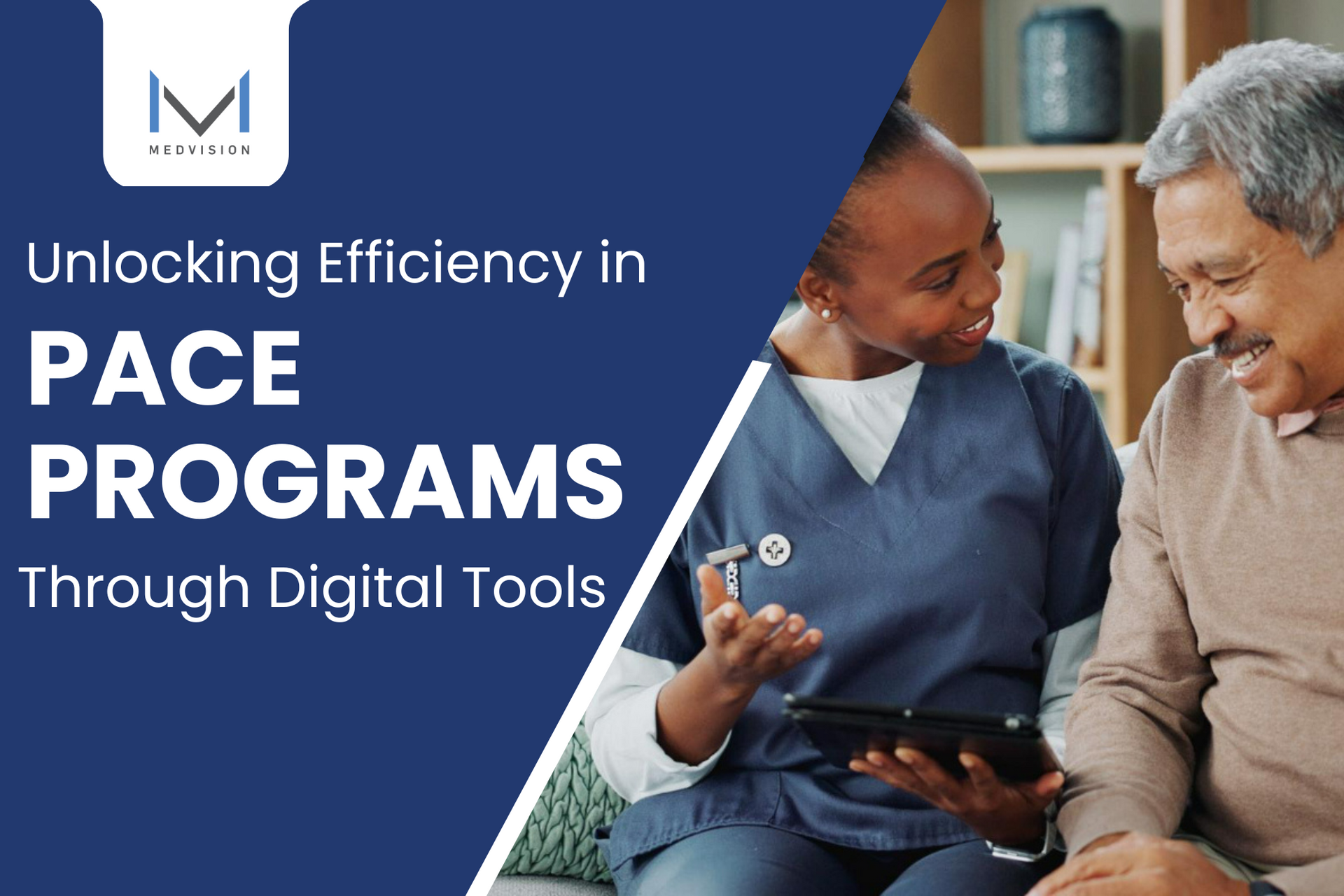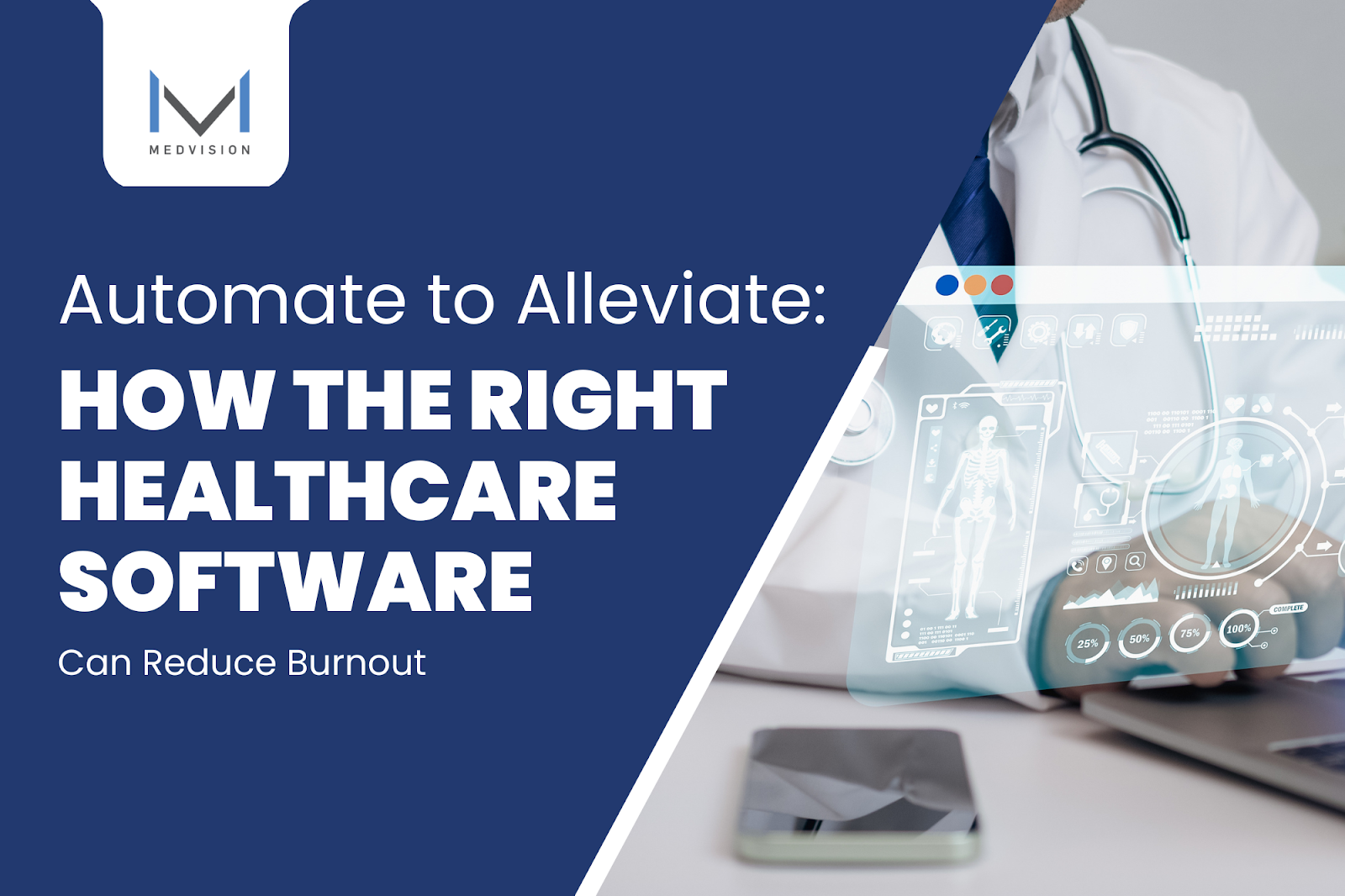The Importance of Communication in Value-Based Healthcare
Healthcare providers and policymakers are now shifting toward value-based healthcare to address health disparities among populations. The industry no longer measures effective healthcare through the number of tests, procedures, or patient visits providers have on record. Instead, the emphasis is on achieving better patient outcomes, improving population health, and reducing healthcare costs.
Read More: Highlighting the Importance of a Great Value-Based Care
At the heart of this transformation lies a critical factor, effective communication. As the healthcare industry undergoes this paradigm shift, it becomes increasingly evident that there is a close connection between the successful implementation of value-based care models and the ability to communicate effectively within healthcare organizations and with patients.

Bridging the Gap for Better Care: The Power of Effective Communication
Effective communication among healthcare providers is vital for seamless coordination and continuity of care. In today’s complex healthcare processes, patients may receive treatment from multiple providers across different settings. When providers can share vital patient data and discuss treatment plans, patients are more likely to avoid service duplications or omissions. Precise information exchange results in a more comprehensive and cohesive approach to patient care, minimizing the risk of fragmented or disjointed treatment.
Read More: How Care Coordination Software Impacts Your Practice
The timely exchange of critical information enables providers to promptly identify and address potential complications or risks. Collaborative decision-making, fueled by effective communication, allows healthcare professionals to leverage their combined expertise and make well-informed decisions that align with the patient’s best interests. Additionally, effective communication empowers healthcare providers to educate patients about their conditions, available treatment options, and self-care practices. Well-informed patients that actively engage in their healthcare are more likely to adhere to treatment plans and participate in managing their health.
Practices can enhance care coordination, optimize patient outcomes, and foster a patient-centered healthcare environment by prioritizing and improving communication among healthcare providers.
Read More: Effectuating Value Through a Care Coordination Model
Communication Through Integrated Systems
Integrated systems enable the swift exchange of data among healthcare providers. Providers can access relevant patient information across various care settings by connecting healthcare systems such as electronic health records (EHRs), laboratory systems, and imaging systems. Integration eliminates manual data entry or searching for information from different sources, saving time and reducing error risks.

Practices benefit from real-time alerts to patient condition changes or critical information. An integrated system automatically notifies a primary care physician (PCP) when admitted patients have significant test result changes in their chart. These notifications facilitate timely communication and enable prompt actions, leading to better patient outcomes and improved safety.
Integrated systems streamline workflows and enhance efficiency within healthcare organizations. By eliminating the need for manual data entry or searching for information across disparate systems, healthcare providers can focus more on patient care and spend less time on administrative tasks. This increased efficiency enables providers to allocate more time to communicate and collaborate with their colleagues, improving the overall quality of communication and enhancing teamwork.

Deliver Value-Based Care with the Right Communication Tool
Forward-thinking practices see the bigger picture and understand the benefits of an all-inclusive, integrated communication tool. Utilizing innovative solutions like MedVision’s QuickCap 7 (QC7) is the next step your practice can take to achieve your business goals. QC7 equips you with interoperable features that simplify workflows and increase efficiency, including:
- Embedded email features with customizable inboxes to synchronize personal or work correspondences in the system.
- Built-in chat, text, screen sharing, and video conferencing features to connect with internal and external users affiliated with the organization.
- System-wide access to electronic data interchange (EDI) files for improved access to patient information.
- Real-time updates on authorizations and referrals to facilitate enhanced provider coordination.
- And more!
Break Down Communication Barriers in Value-Based Healthcare with QC7!
References:
- “ACO REACH And Advancing Equity Through Value-Based Payment, Part 1.” Forefront Group, May 17, 2022. https://doi.org/10.1377/forefront.20220513.630666.
- Bauer, Greg. “Delivering Value-Based Care With E-Health Services.” Journal of Healthcare Management 63, no. 4 (July 2018): 251–60. https://doi.org/10.1097/jhm-d-18-00077.
- Fewster-Thuente, Lori, and Barbara Velsor-Friedrich. “Interdisciplinary Collaboration for Healthcare Professionals.” Nursing Administration Quarterly 32, no. 1 (January 2008): 40–48. https://doi.org/10.1097/01.naq.0000305946.31193.61.
Morley, Lyndon, and Angela Cashell. “Collaboration in Health Care.” Journal of Medical Imaging and Radiation Sciences 48, no. 2 (June 2017): 207–16. https://doi.org/10.1016/j.jmir.2017.02.071.
Recently published articles
Keep in touch
Subscribe to get the latest update
Trending topics
Share your insights on social media
Upcoming events and company news


















